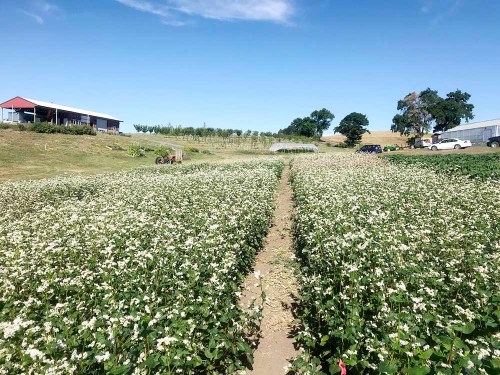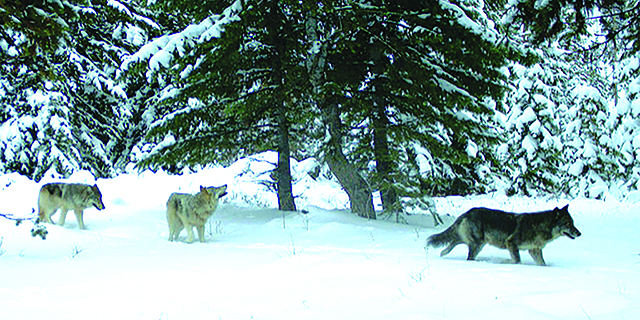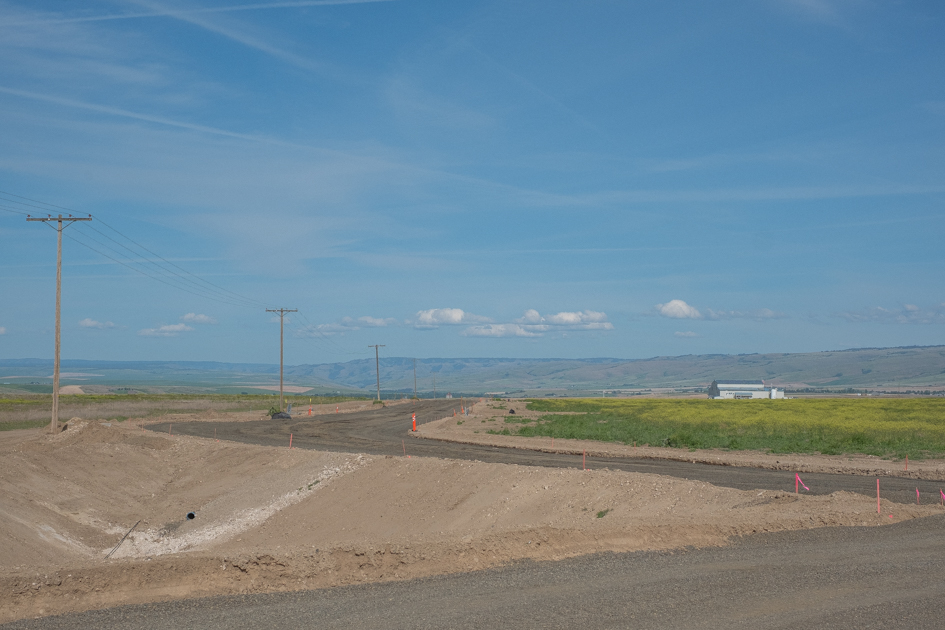Buckwheat handler expects strong demand, calls for more acres of the crop
Published 9:45 am Thursday, June 16, 2022

- With top buckwheat-producing countries Russia and Ukraine at war, a Washington grain handler hopes for more production in the Columbia Basin to meet demand.
War between Russia and Ukraine has thrown buckwheat supplies “upside down,” says a Washington grain handler, who hopes to increase production of the crop in the Columbia Basin to meet demand.
Russia and Ukraine are the No. 1 and No. 3 production countries for buckwheat in the world, with China No. 2, said Darrel Otness, owner of Washington Producers Inc. in Basin City, Wash.
The company contracts with farmers to grow buckwheat.
About 99% of Otness’ customers are in Japan, with a small number from South Korea. Russia has stopped exporting buckwheat to Japan, negatively impacting Otness’ customers.
“They need to buy more buckwheat, and we are looking for more buckwheat,” he said. “It’s hard to find buckwheat with all of the crops being so high-priced.”
Buckwheat is typically grown as a second crop in the Columbia Basin, Otness said — after wheat, peas, early sweet corn and the first cut of timothy hay.
“That’s when it works economically and agronomically for the grower,” he said.
The Washington Grain Commission recommends not following buckwheat with a wheat crop due to concerns about volunteer plants in the wheat.
Otness works with 40 to 50 farmers, who raise 8,000 to 10,000 acres of buckwheat in their crop rotations. He estimates there are 12,000 to 14,000 total acres in Oregon and Washington.
“Now that demand is stronger and everyone’s fighting for acres, we’re looking for more acres of buckwheat,” he said.
Otness is looking for “a couple thousand” more acres.
He’s concerned about cool spring weather delays on other crops, possibly shortening the buckwheat production period, or preventing planting altogether.
Buckwheat prices have increased from 25 cents per pound to 30 cents per pound in the last five years.
“It’s a very profitable crop because it uses so little inputs,” Otness said. “There’s no sprays you can put on it for herbicides. You can spray grass weeds out, but it doesn’t need any other chemical sprays, very little fertilizer usage. So it is quite economical as a second crop.”
Contact Otness at 509-521-7535 or d.otness@wapro.us for more information. He recommends texting or emailing first.
“A lot of guys have seen their neighbors raise it and they’re curious about it,” he said.
He expects Ukraine to request buckwheat for food aid, noting it’s a staple there.
“I think we’re going to have a whole new demand when this war situation gets squared away,” Otness said. “I honestly think we won’t be able to get enough buckwheat for the next five to 10 years.”





